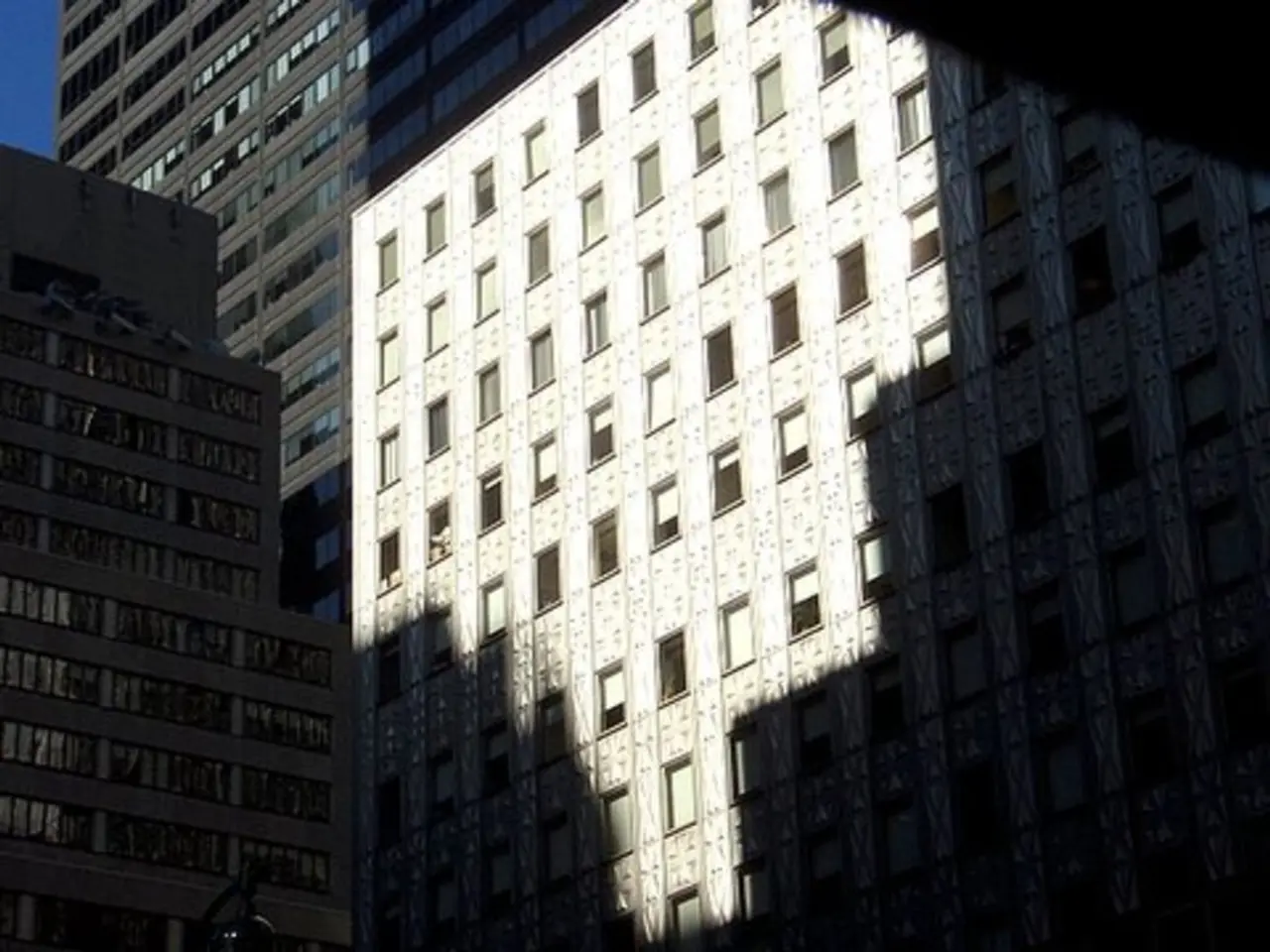Businessmen in Omsk were proposed the purchase of older properties at the cost of travel by Sheles.
In a recent report made public, the mayor of Omsk, Sergey Shelesst, has extended an invitation to entrepreneurs to cooperate in the restoration of historical buildings in the city. The aim is to breathe new life into these architectural gems, transforming them into non-residential properties for business use.
The invitation comes as part of a broader initiative to attract attention to Omsk's rich cultural heritage. Some of the historical buildings that have caught the attention of potential investors include houses on Postovaya, 34, Rabinovich, 88, Uspenskogo, 4, and several buildings on Uchebna (53, 55, 57, 78, 80) and Suvorova, 1. Notably, the dilapidated building at Gazetny Lane, 3, has garnered interest from potential lessees.
The main condition for using these buildings is the restoration of their architectural appearance and preservation of historical value. The city authorities are prepared to assist entrepreneurs in this endeavour, offering long-term leases of 20 to 40 years for the repaired buildings. However, the mayor has not yet specified whether these leases will indeed be for 20 to 40 years.
In terms of the cost, the rate for the use of these buildings is symbolic, at 1 ruble per square meter per year. This is a significant departure from the earlier reported rate for other restoration projects. Yet, the mayor has not clarified whether this rate will apply to all historical buildings or just those mentioned in the current invitation.
Entrepreneurs interested in this opportunity can engage through official channels that facilitate public-private partnerships. This typically involves contacting the municipal or regional cultural heritage departments responsible for maintaining historical sites to identify available buildings and understand restoration requirements. Participating in government-backed programs or tenders for leasing and restoration is another important step, where authorities provide leases under special terms to businesses willing to undertake restoration consistent with preservation standards.
Collaborating with local urban planning and construction authorities for necessary permits is crucial, ensuring that all renovation work meets both heritage conservation norms and construction regulations. Seeking financial incentives or grants that are sometimes available for restoring cultural heritage buildings to promote tourism and local economy is also advisable.
Joining or forming public-private partnerships (PPPs) where entrepreneurs share investment and operational responsibilities with authorities is another possible avenue. While the specific legal framework and existing programs for Omsk are not detailed in the available search results, this approach aligns with common practices in Russia’s urban development and heritage management sectors.
For precise steps, entrepreneurs should consult Omsk city administration’s official channels or cultural heritage committees to access detailed rules on leasing historical buildings, including any requirements on restoration quality, permitted business activities, and leasing conditions.
(Note: Recent Russia-related sanctions and economic regulations do not directly affect cooperation on historical building restoration but may influence broader economic conditions.)
- The renovation of historical buildings in Omsk, such as those on Postovaya, 34, Rabinovich, 88, Uspenskogo, 4, and several on Uchebna (53, 55, 57, 78, 80) and Suvorova, 1, as well as the dilapidated building at Gazetny Lane, 3, could be a remarkable opportunity for entrepreneurs to invest in home-improvement and contribute to home-and-garden projects, as part of the city's effort to revitalize its lifestyle and cultural heritage.
- Entrepreneurs planning to participate in public-private partnerships (PPPs) for the restoration of historical buildings in Omsk can look forward to symbolic lease rates for 20 to 40 years, but should adhere to the strict architectural and historical preservation guidelines to qualify for government-backed programs and tenders, and secure necessary permits from local urban planning and construction authorities.




